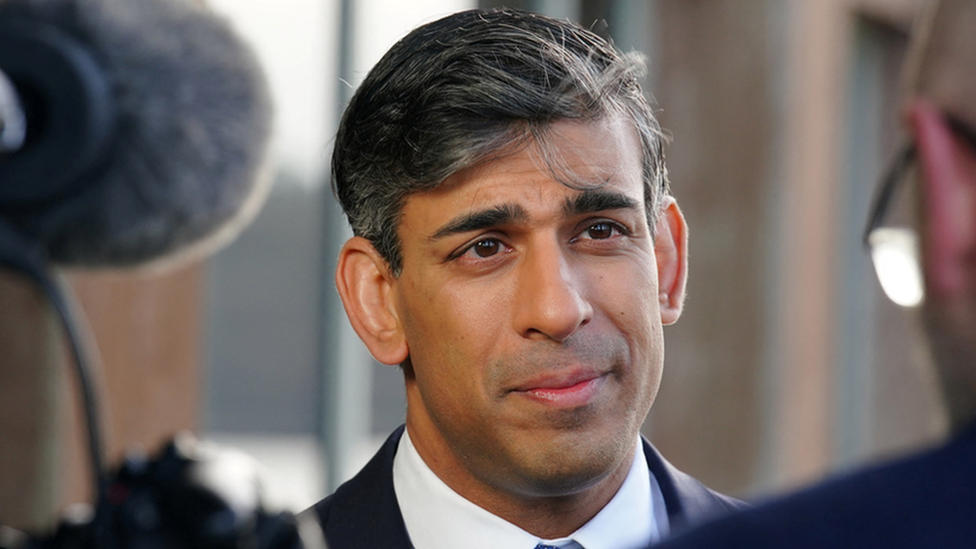Paul Scully MP defends saying parts of Tower Hamlets 'no-go' areas
- Published
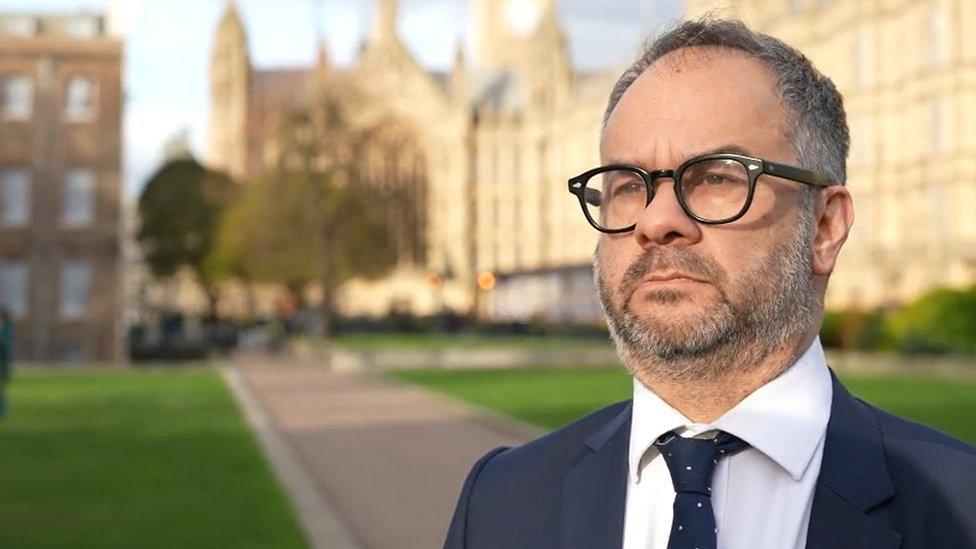
Paul Scully MP told BBC London some people "are fearful for going out"
A London MP and former mayoral candidate has defended his comments after suggesting there are "no-go" areas in parts of Tower Hamlets.
It comes after Paul Scully appeared on BBC Radio London criticising fellow MP Lee Anderson's remarks that Islamists had "got control" of the mayor.
Mr Scully also claimed people are concerned by "neighbourhoods changing".
In a second interview, the Conservative told BBC London some people "are fearful for going out".
"There are areas where there are a tiny minority of people who make people uncomfortable about not being of their religion, of their culture, who are misinterpreting their own doctrine. That's not to say Tower Hamlets itself is a no-go area," he said.
Asked if the prime minister agreed with Mr Scully's comments, a spokesperson for Rishi Sunak said: "No, and the PM has talked before about the value of the very diverse communities and societies that we have in the UK".
'Right to have conversation'
Mr Scully, who represents Sutton and Cheam, began his radio interview by saying Mr Anderson's comments were "wrongheaded" and "really inflammatory" and that he needed to apologise, but he could see what he was "trying to drive at".
He went on to say parts of Tower Hamlets in east London, and Sparkhill in Birmingham, are "no-go areas".
Clarifying his comments in a TV interview later on Monday, Mr Scully said: "What I was referring to was that a few years ago you had the Muslim patrols and I think some of those protagonists themselves realise the error of their ways, and I've seen other areas where there's just been pressure upon people worrying about going about in their own area.
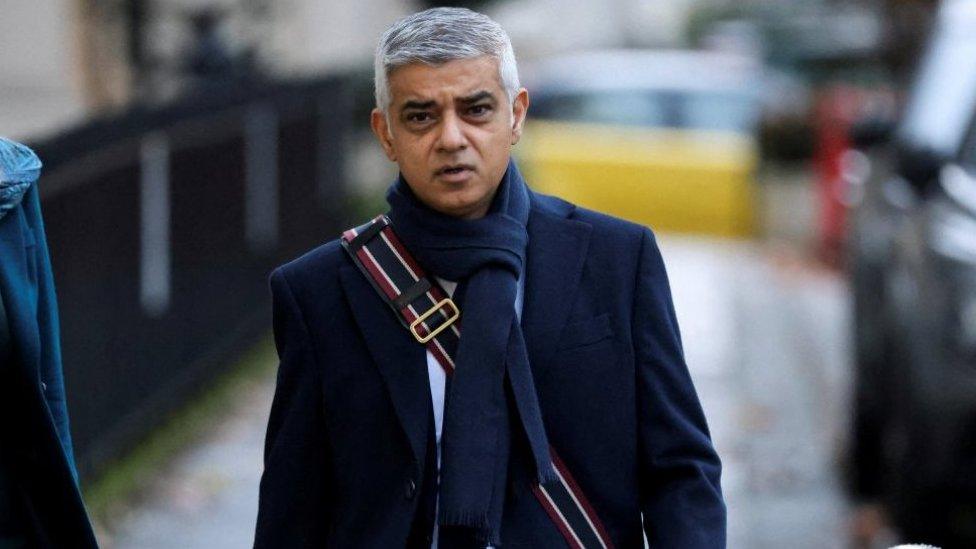
A source close to London mayor Sadiq Khan said Mr Scully should not be "sending out deeply divisive messages about Muslims"
"I can't talk about now, I'm just talking about what I've seen and heard and the perception of people," he continued.
"It's right that we have a conversation about why a very small minority - whether it's Muslims, whether it's gangs... or disaffected people in other areas - are creating fear.
"That's not the same as saying all Muslims are pushing people out because that's patently ridiculous and a conspiracy theory that I have no truck with."
'Should I bother to speak out?'
Mr Scully added: "If I've spoken mistakenly or created division then I apologise, but there are a handful of people who will always seek offence and there are people who come in behind that.
"This isn't about tropes. There is no doubt there are people in this country that are fearful for going out not just because of Muslim gangs but because of other gangs."
Mr Scully was asked for any evidence Muslim gangs are operating in London, but he could not provide any.
"It slightly infuriates me... I feel frankly [like] a pawn because I didn't need to get up this morning, with a 10-minute warning at five minutes past seven, to condemn one of my own colleagues for the intemperate language he used, and suddenly I'm seen as the conspiracy theorist... of this world," he said.
"Should I be bothering? Should I be bothering to speak out? It only takes good people not to speak out to perpetuate those views."
Mr Scully, a former minister for London, ran to be the capital's next Conservative mayoral candidate but failed to make the shortlist last year.
A source close to London mayor Sadiq Khan said: "Unfortunately Paul Scully is resorting to a notorious Islamophobic trope - with the highly offensive and untrue claim that there are 'no-go' areas for non-Muslims in parts of London.
"This comes as senior Tories, including the prime minister, have failed to call out MP Lee Anderson's vile racist and anti-Muslim comments about the mayor.
"As a former government minister Mr Scully should be striving to unite our communities, not sending out deeply divisive messages about Muslims."
Mr Anderson, a former Tory party deputy chair, who has been suspended as a Tory MP, said his words were clumsy but has refused to apologise.

Listen to the best of BBC Radio London on Sounds and follow BBC London on Facebook, external, X, external and Instagram, external. Send your story ideas to hello.bbclondon@bbc.co.uk
- Published27 February 2024
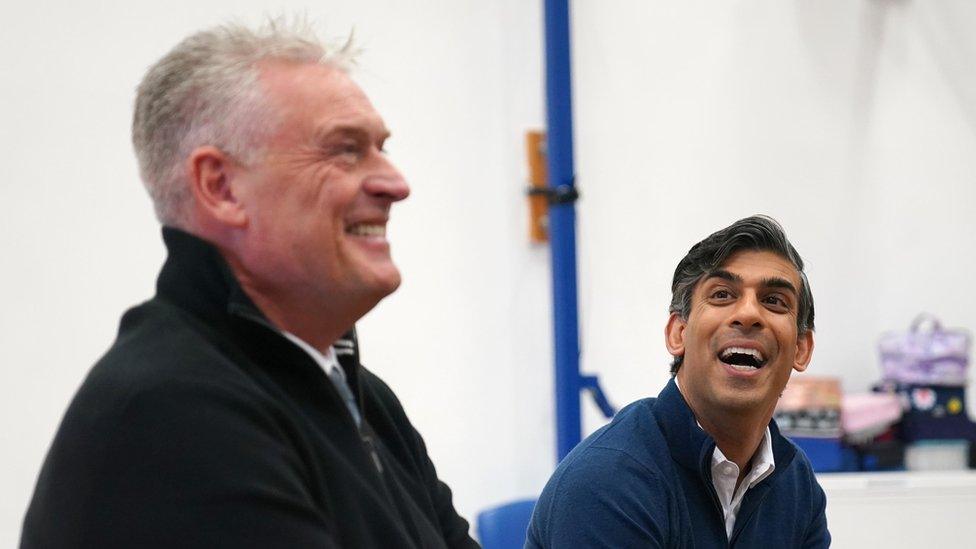
- Published26 February 2024
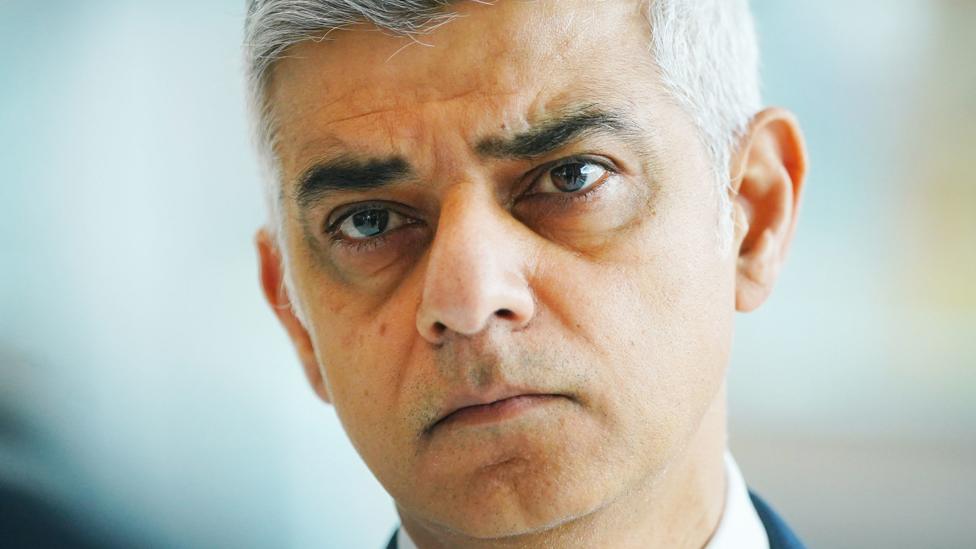
- Published25 February 2024
